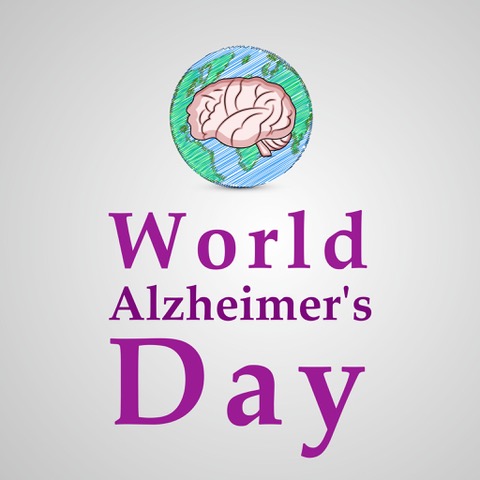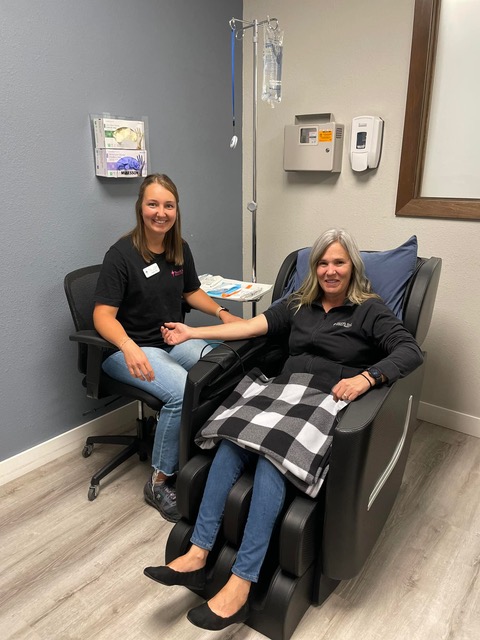Spring has sprung and so has allergy season.
Spring can be a rough time if you have seasonal allergies. It’s the time of the year when grass, weed, and tree pollens run high, causing allergic rhinitis.
Symptoms of seasonal allergies:
- Runny nose and congestion
- Cough
- Itchy nose and throat
- Watery, itchy, and/or red eyes
- Sneezing
- Mucous that runs down the back of your throat (postnasal drip)
- Swollen and bruised-looking area under the eyes (allergic shiners)
- Tiredness, usually because of poor sleep due to nasal congestion
Tips to limit allergy symptoms
- Avoid high exposure to pollen: when the weather is going to be warm, avoid mowing the lawn yourself and stay away from moldy piles of leaves. People with seasonal allergies also should avoid irritants such as strong chemicals and pollution.
- Keep your home and car clean of pollen: on days when pollen counts are high, keep your doors and windows closed. Stay inside, especially during afternoons and evenings when pollen levels are highest. Cool your home using air conditioning but stay away from humidifiers and swamp coolers.
- Clean off outdoor pollen residues: after being outside on high-pollen days, shower to wash away pollen and put on clean clothes. Use saline nasal wash to help clear allergens from your nose.
- Know your allergies: a simple blood test at North Star Family Medicine can identify what you’re allergic to. Identifying these allergens is important to developing an effective treatment plan to include peak times of year that specific allergens are at their worst.
- Book an appointment at North Star Family Medicine: Ask Dr. Lelcu or Ashley about treatment options and follow that treatment plan.





